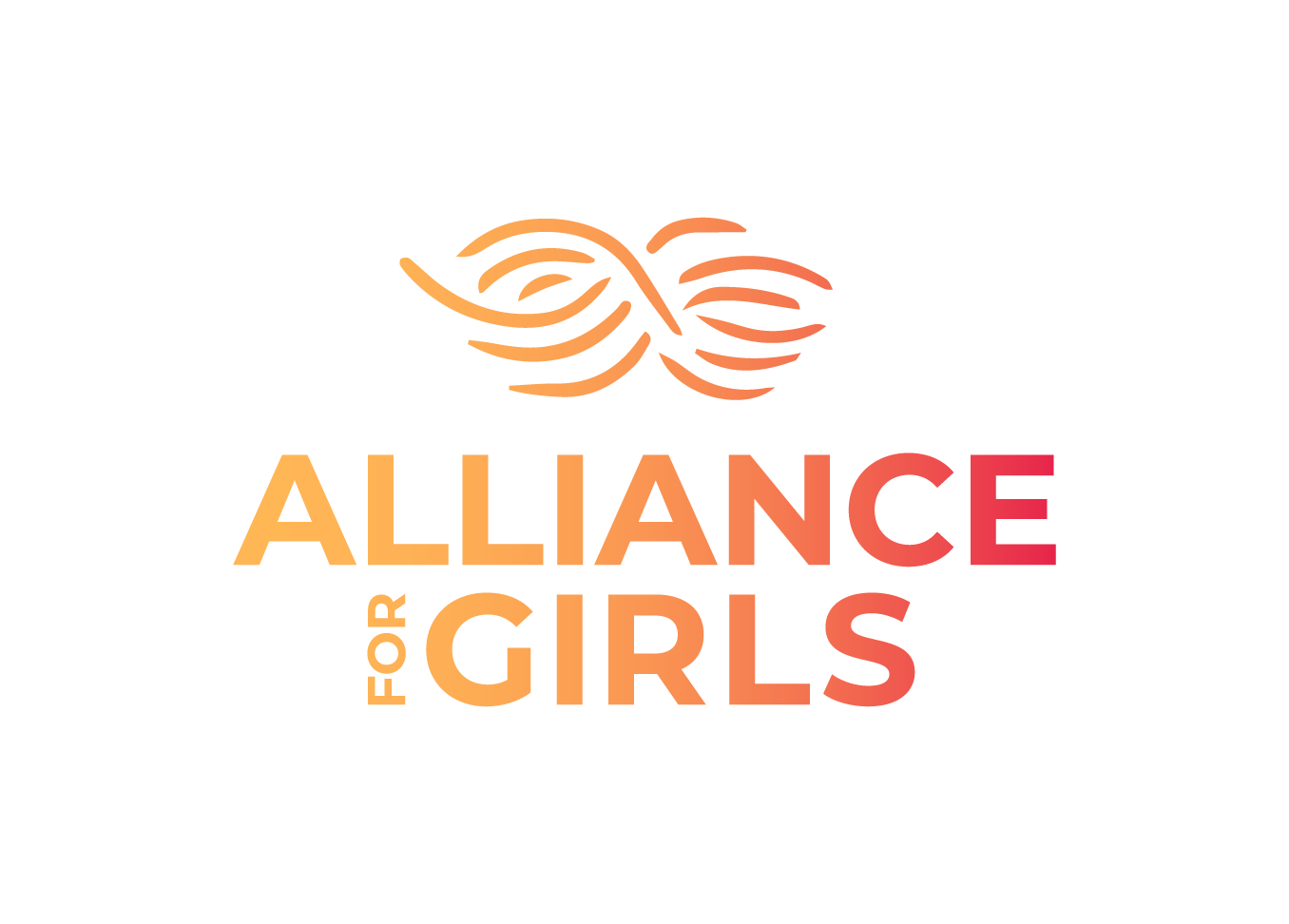Safety in Numbers
The Washington Post brought much needed attention to sexual harassment and gender-based violence on public transportation by declaring “buses and trains (were) ground zero for incidents.”
Increasing numbers of more and more transgender, gender non-conforming (TGNC), and female-identifying people have reported that they had been sexually harassed on public transportation. And yet, unfortunately, Alliance for Girls was not surprised by this trend because it aligned with our data and research.
In our 2019 Together We Rise report, 100% of the 63 girls* and gender-expansive youth who participated in focus groups during this research study, highlighted that they experience some form of physical and/or verbal harassment when taking public transit every day.
You read that correctly: one hundred percent.
“I made the mistake of sitting in the back [of the BART train]. This grown, buff man sat behind me. I got off at San Bruno. He gets off too. I started walking. I see he was following me. I stopped. He stopped. I called my best friend. She told me she was not home, but her sister was. I walked into my best friend’s house. He followed me. I had to shut the door on him . . . I ran so fast that day. It was in the dark, too.”
Along with our 2021 Radical Visons of Safety report where girls themselves define safety, our research became the rallying cry that mobilized Bay Area girls and gender-expansive youth, and the adult champions who serve them, to advocate for change. Together with our members and BART we turned our research into action – and created the Not One More Girl (NOMG) initiative. This first-of-its-kind campaign is a community-driven initiative centering girls* and gender-expansive youth to reimagine safety for riders on BART. It reflects the voices and needs of the community, especially the voices of girls and gender-expansive youth of color.
Nearly three years later, the impact of Not One More Girl Phase I is clear – from changes within BART to influencing state policy on transportation safety – our campaign embodies our mission to center girls in research, advocacy, and policy change to improve their lives.
Our groundbreaking work is not done. In early September 2023, BART, in partnership with some of the organizations that participated in Phase I, launched Phase II of NOMG focusing on building a culture to support girls when riding BART. Furthermore, in the coming months AFG and our research partners at Evaluation Studio will begin work on the first youth-informed evaluation framework. It will support BART in assessing the prevalence and impact of sexual harassment and assault on its trains and platforms and the impact of BART’s current interventions.
Read our case study that captures our journey, impact and learning of this first phase, including a list of community-informed and data-driven policy recommendations and sample policy resolutions that communities can use for their local agencies.
*At Alliance for Girls, girls and gender-expansive youth refers to cis girls, trans girls, non-binary youth, gender non-conforming youth, gender queer youth, and any girl-identified youth.
“From the first mile to the last, no Californian should feel unsafe traveling to work, to school, or anywhere.”

